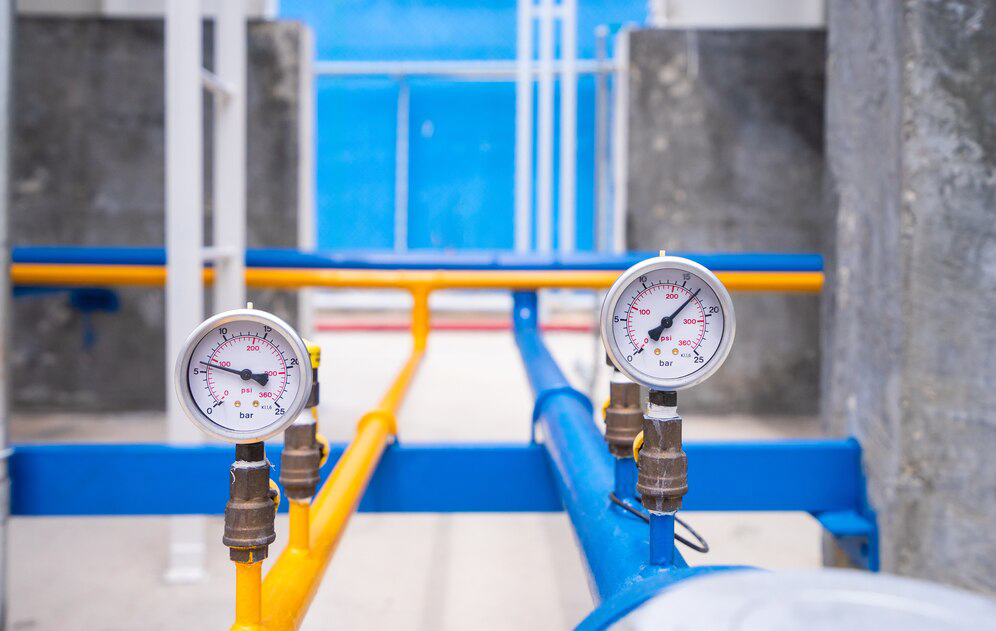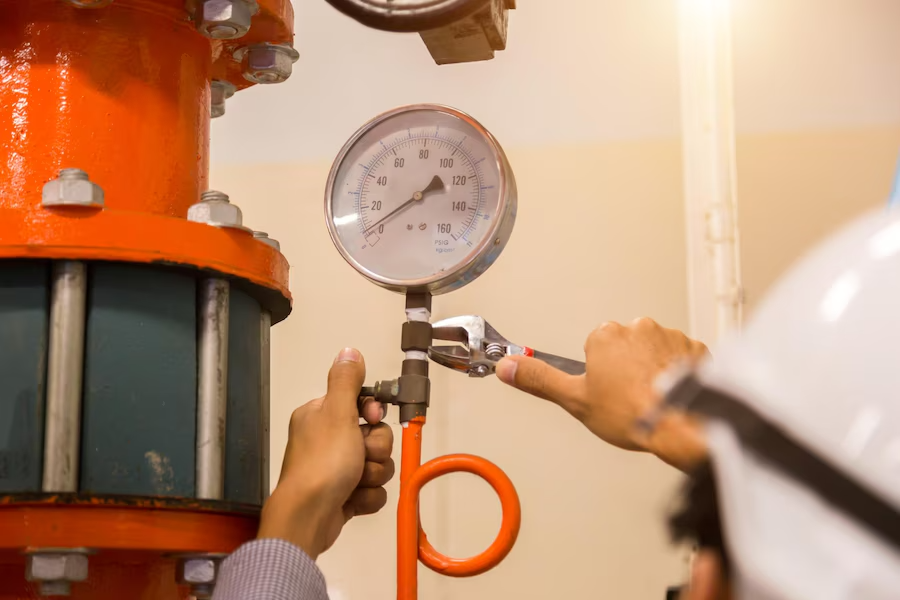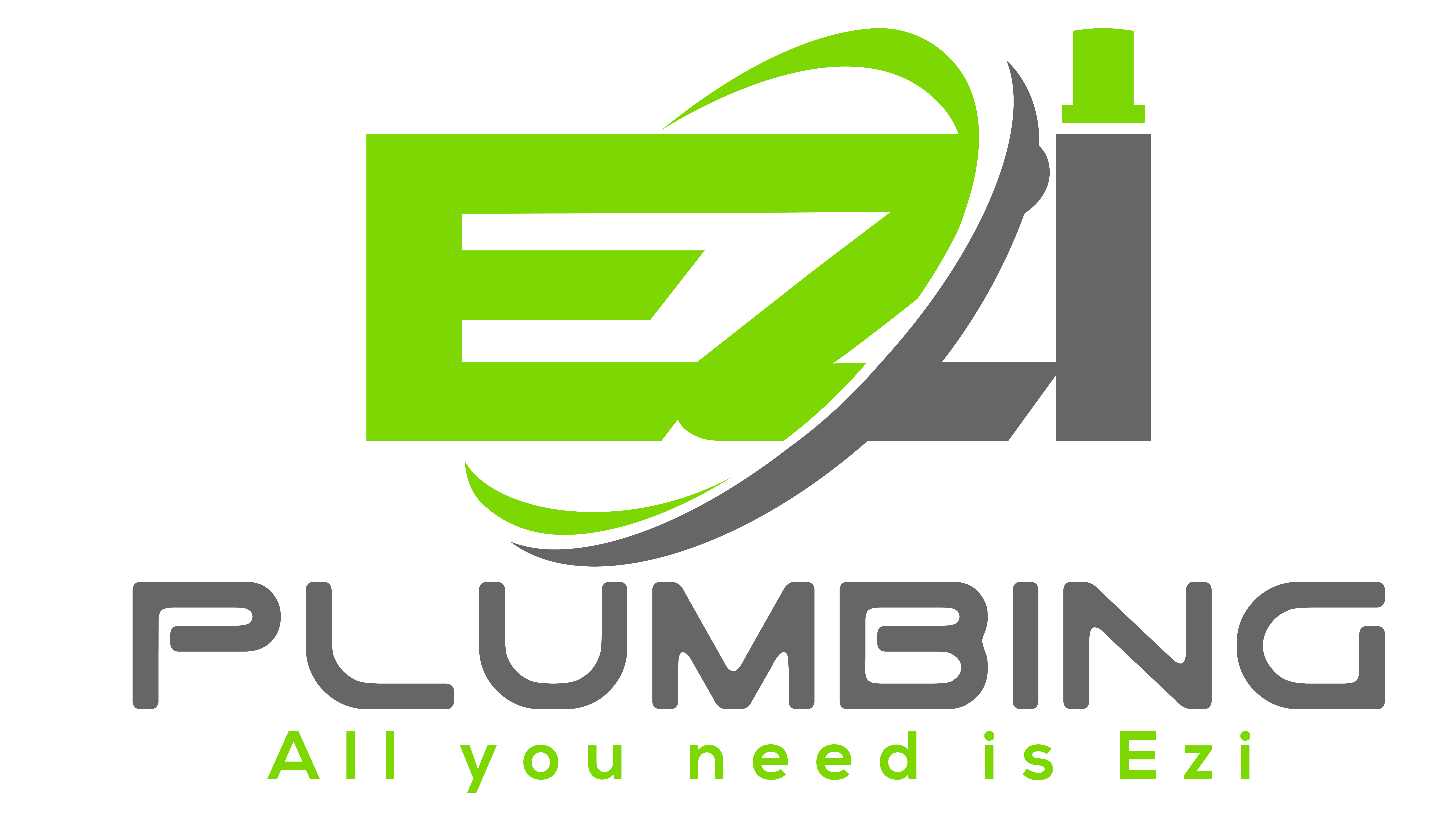Hot water systems are the unsung heroes of our homes, quietly providing the comfort and convenience of warm showers, clean dishes, and cozy living spaces. However, with the myriad of options available, choosing the right hot water system can feel like navigating a maze. Fear not, as we embark on a journey through the world of hot water systems, unraveling the complexities and shedding light on the different types available. In this comprehensive guide, we’ll delve into the fundamentals of hot water systems, exploring the various types and their respective pros and cons. Whether you’re a homeowner looking to upgrade your current system or a renter seeking clarity on what to expect, this primer aims to empower you with the knowledge needed to make an informed decision. So, grab a cup of tea and prepare to embark on a journey to discover the perfect hot water system tailored to your needs.
Breaking Down Hot Water Systems: A Comprehensive Guide
Hot water is an essential aspect of modern living, serving various purposes from bathing to cooking and cleaning. However, when it comes to choosing the right hot water system for your home, the options can seem overwhelming. In this comprehensive guide, we will break down the different types of hot water systems available, discussing their features, benefits, and considerations to help you make an informed decision.

- Traditional Tank Water Heaters:Traditional tank water heaters are perhaps the most common type found in homes across the world. They consist of a large insulated tank that stores hot water until it is needed. When hot water is used, cold water enters the tank and is heated by a gas burner or electric heating element. Tank water heaters are relatively affordable and simple to install, making them a popular choice for many homeowners. However, they have limited hot water storage capacity and may consume more energy than other types of systems.
- Tankless Water Heaters: Tankless water heaters, also known as on-demand or instantaneous water heaters, heat water directly as it flows through the unit. They do not require a storage tank, which saves space and eliminates standby heat loss. Tankless water heaters are known for their energy efficiency, as they only heat water when needed, reducing energy consumption and utility bills. While they have a higher upfront cost compared to tank water heaters, tankless systems typically have a longer lifespan and require less maintenance.
- Heat Pump Water Heaters: Heat pump water heaters extract heat from the surrounding air and transfer it to the water in the tank. They operate similarly to heat pumps used for heating and cooling homes but are specifically designed for water heating. Heat pump water heaters are highly energy efficient, as they use ambient air temperature to heat water, making them ideal for mild to moderate climates. While they may have a higher upfront cost, heat pump water heaters can significantly reduce energy expenses over time, especially in regions with high electricity rates.
- Solar Water Heating Systems: Solar water heating systems harness the power of sunlight to heat water for residential use. They consist of solar collectors, which absorb solar radiation and transfer heat to a fluid (such as water or antifreeze), which then circulates to a storage tank. Solar water heaters are renewable, sustainable, and can significantly reduce reliance on conventional energy sources. While they require an initial investment for installation, solar water heating systems can provide long-term savings on energy bills and reduce carbon emissions.
Breaking Down Hot Water Systems: A Comprehensive Guide
Hot water systems are essential for modern living, providing comfort, sanitation, and convenience in homes, businesses, and industrial settings. Understanding how these systems work and the different types available can help users make informed decisions about installation, maintenance, and upgrades. In this comprehensive guide, we will delve into the various components, types, and considerations involved in hot water systems.

Basics of Hot Water Systems
Definition and Purpose: What is a hot water system, and why is it necessary? Components: Overview of the key components, including heaters, tanks, pipes, and controls. Functionality: How hot water systems generate, distribute, and regulate water temperature.
Types of Hot Water Systems
Conventional Storage Systems: Description: Traditional systems with a storage tank to hold heated water. Operation: Heating element or burner heats water stored in a tank.
Advantages and Disadvantages: Discussing efficiency, space requirements, and maintenance. Tankless (On-Demand) Systems: Description: Instantaneous heating systems that heat water only when needed. Operation: Heating coils or elements heat water as it passes through the unit. Advantages and Disadvantages: Exploring energy efficiency, endless hot water supply, and initial cost considerations.
Installation and Maintenance
Planning: Factors to consider when selecting a hot water system, including household size, usage patterns, and available space.Installation Process: Overview of the steps involved in installing various types of hot water systems.Maintenance Tips: Regular maintenance practices to ensure optimal performance and longevity of the system. Troubleshooting Common Issues: Guidance on diagnosing and addressing common hot water system problems.
Energy Efficiency and Sustainability
Importance of Energy Efficiency: Benefits of choosing energy-efficient hot water systems, including cost savings and environmental impact. Energy-Saving Strategies: Tips for improving the energy efficiency of hot water systems through insulation, temperature regulation, and system upgrades. Sustainable Practices: Exploring renewable energy options and eco-friendly practices to minimize the environmental footprint of hot water systems.
Future Trends and Innovations
Smart Technology Integration: Integration of smart controls, sensors, and connectivity for improved efficiency and user experience. Advancements in Renewable Energy: Emerging technologies and trends in utilizing renewable energy sources for hot water production. Innovative Designs: Examples of cutting-edge hot water system designs and technologies aimed at enhancing performance, sustainability, and user comfort.
Conclusion
Navigating the intricacies of hot water systems is vital for ensuring optimal functionality and energy efficiency in any residential or commercial property. From traditional storage tanks to innovative tankless heaters, each type offers distinct advantages and considerations that can significantly impact both comfort and cost. By understanding the nuances of these systems and considering factors such as energy consumption, space requirements, and upfront costs, individuals can make informed decisions tailored to their specific needs. Whether it’s the reliability of a conventional storage system or the space-saving benefits of a tankless option, EZI Plumbing in Chain Valley Bay, NSW, Australia, stands ready to provide expert guidance and installation services, ensuring that every customer finds the ideal solution for their hot water needs. Contact EZI Plumbing at +61 448467788 to embark on the journey towards a more efficient and comfortable hot water system tailored to your requirements.

